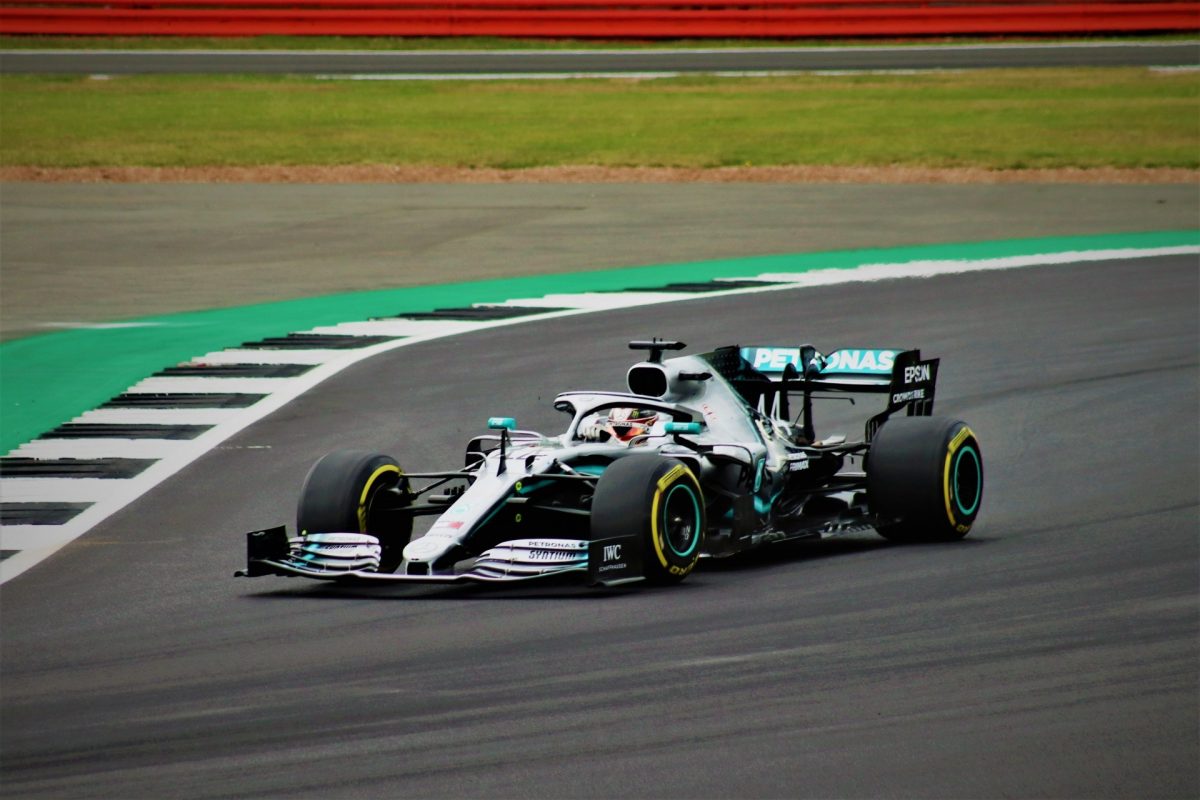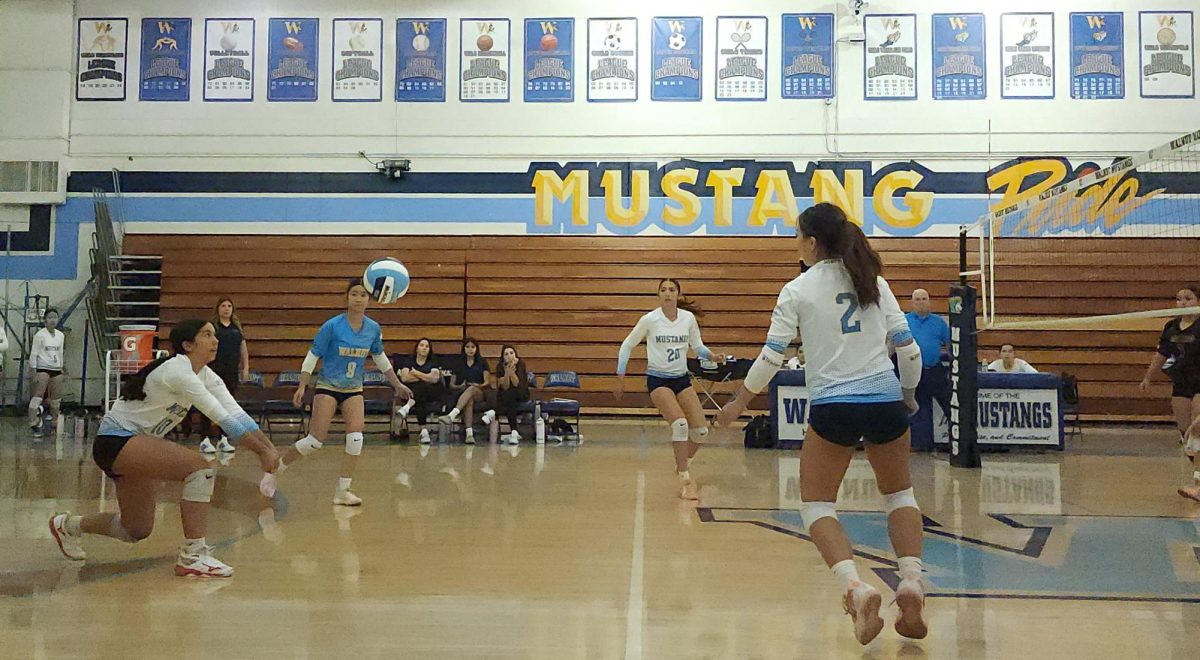Greatest. Of. All. Time. G.O.A.T. This short phrase has become a staple in both the sports world and pop culture in general. It seems that you can’t go a day without hearing a new proclamation on social media that a certain player, artist or virtually any other person out there is the G.O.A.T. Not only do disagreements based on the term act as unhealthy conversational pieces, but the word itself has become overused and now lacks meaning.
The term G.O.A.T was first used in the 1990s in response to the dominance of boxer Muhammad Ali; his nickname was previously “The Greatest,” but was rebranded to the G.O.A.T by his wife for publicity. The threshold at which athletes are held should reflect upon the origins of the word. If an athlete does not exhibit the skill and achievements of the originator in their respective sport, the term G.O.A.T should not be tossed around by the public so loosely.
When scrolling through Instagram comments under popular sports pages, such as Bleacher Report or Overtime, even minute details about specific athletes seem to spark intense conversation in the comment section. Michael Jordan versus Lebron James, Roger Federer versus Rafael Nadal, Lionel Messi versus Christiano Ronaldo: all of these debates cause animosity to grow between sports fans and spur on a toxic culture. Though this conversation can be held in a respective manner, sports fans can also be passionately expressive with their opinions about who’s the G.O.A.T.
I have experienced this passion first-hand as an avid basketball fan with a family to match. My two siblings and I were brought up watching NBA games fueling a multitude of arguments about the G.O.A.T. of basketball. Whether it be Michael Jordan, LeBron James or Kareem Abdul-Jabbar, we all retained our preference and would not back down from one another’s opinions. However, these conversations were never held in a respectful manner; opinions felt more so like personal attacks because of the value we invested into these arguments. This is the kind of unhealthy environment that stems from the term G.O.A.T.
G.O.A.T has become so ingrained in our culture that it is virtually impossible for it to regain its former meaning. The new pop culture definition of G.O.A.T aligns more closely with “good” or “great,” rather than its prior meaning. G.O.A.T has expanded to encompass every single person who does anything remotely well. Michael Jordan might be the G.O.A.T of basketball, but Kevin across the street is not the G.O.A.T because he loaned you five dollars.
Once a term, especially an acronym, has its meaning changed, the term is largely invalidated. The term G.O.A.T has fallen from solely being allocated for the true heights of greatness to a simple exclamation of validation. G.O.A.T has lost its ability to stand as an unadulterated term.








